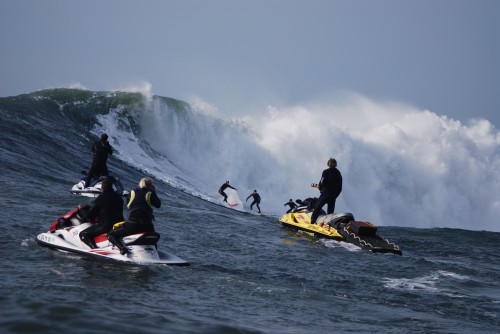 This week, it seems like all I am seeing in the news is sports. Athletes, trained to the very pinnacle of human possibility, competing for money, fame, and above all, glory. For Americans, the centerpiece is the Super Bowl, which will scoop up more than four times more viewers than an average Winter Olympics day. For one day, a hundred million people will sit down and watch multimillionaire monsters crash into each other.
This week, it seems like all I am seeing in the news is sports. Athletes, trained to the very pinnacle of human possibility, competing for money, fame, and above all, glory. For Americans, the centerpiece is the Super Bowl, which will scoop up more than four times more viewers than an average Winter Olympics day. For one day, a hundred million people will sit down and watch multimillionaire monsters crash into each other.
And why not? I like nachos and beer as much as the next guy. But on the all-important Erik’s-List-of-True-Athletes, football players rank a paltry 7 out of 10. Who’s at the top, you say? Among others, big wave surfers. You think a 300-lb runningback going 15 miles an hour is scary? Try a 40-foot water wall going 35.
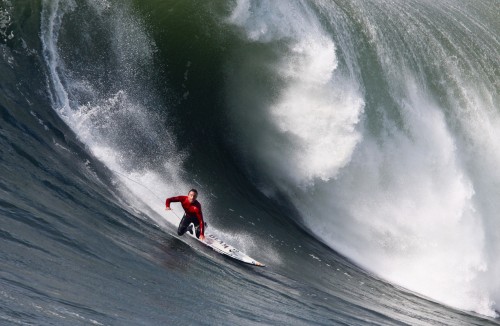

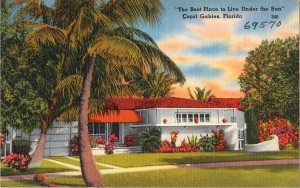 January 20 – 24
January 20 – 24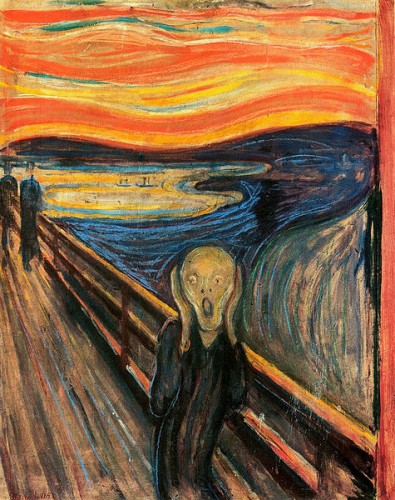 Looking for fun things to do around London? Here’s an idea: Find a Brit on a first date with an expat from New York. Your task could be challenging — Americans don’t know this but British people don’t go out on dates until they’re in a relationship — but there’s every chance some hapless Brit has been cajoled into taking an exotic American girl out to dinner per her native custom. Just make sure the Brit under observation has never done this before and doesn’t know what to expect.
Looking for fun things to do around London? Here’s an idea: Find a Brit on a first date with an expat from New York. Your task could be challenging — Americans don’t know this but British people don’t go out on dates until they’re in a relationship — but there’s every chance some hapless Brit has been cajoled into taking an exotic American girl out to dinner per her native custom. Just make sure the Brit under observation has never done this before and doesn’t know what to expect.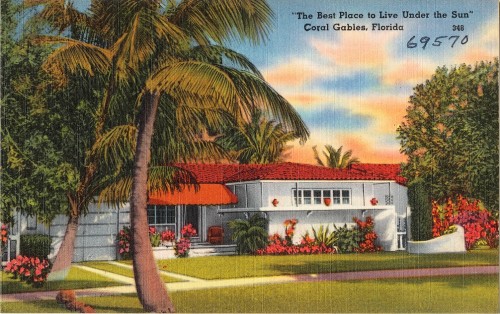
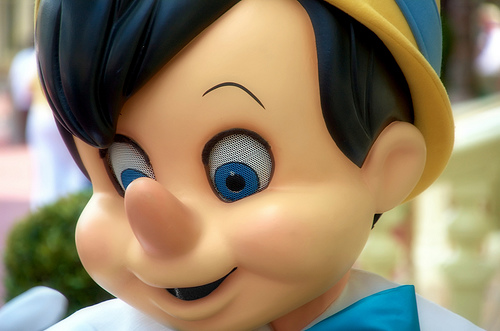
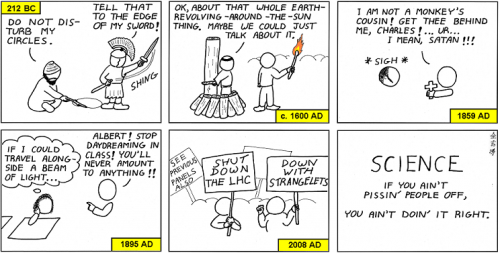
 January 13 – 17
January 13 – 17